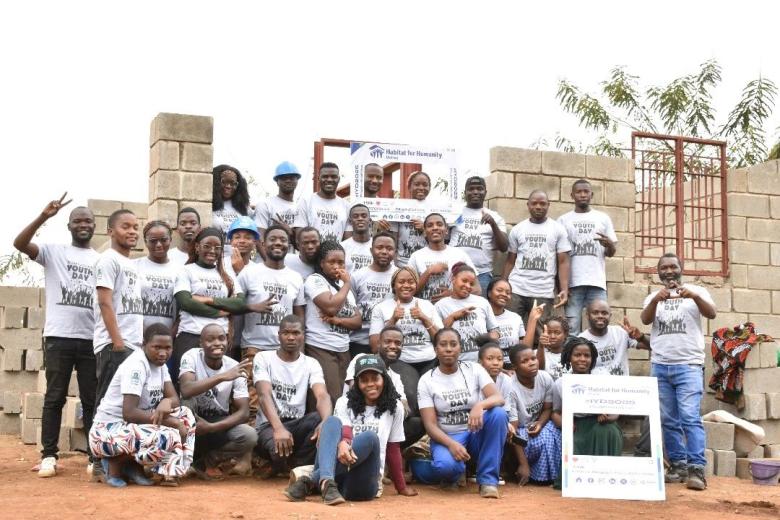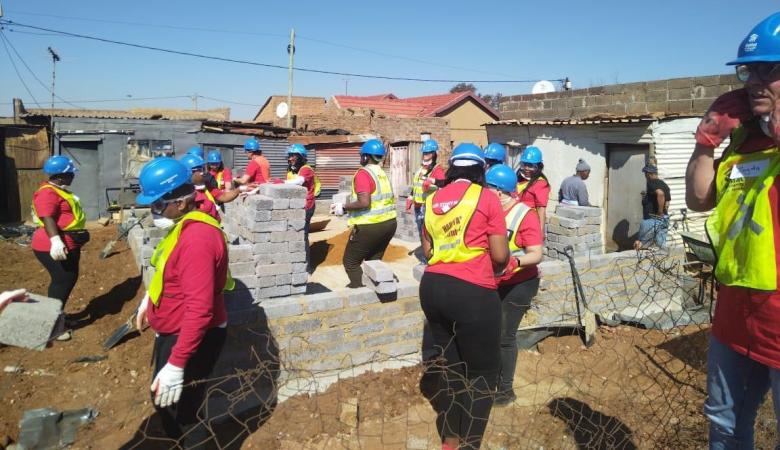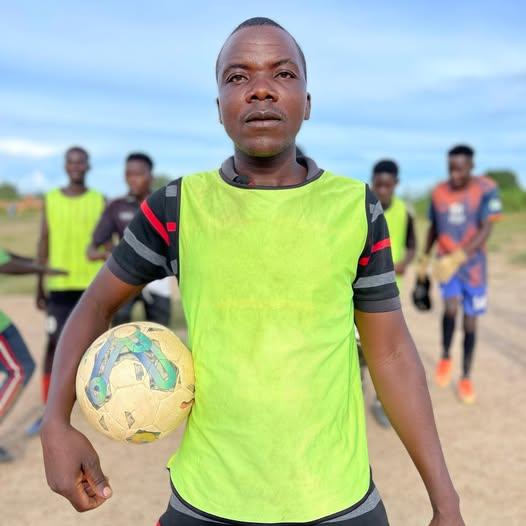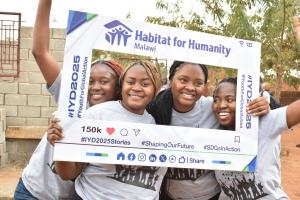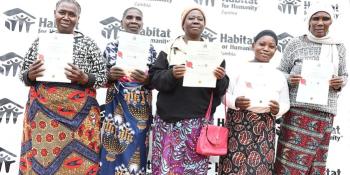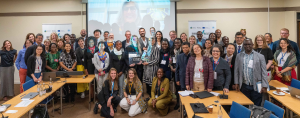The power of donor impact in Romania
A home is where you spend Christmas, where you sleep through the night without cold air slipping in through broken windows. A home is where homework happens at the kitchen table, where families can cook, rest, feel safe, and dream together.
Without decent housing, everything becomes harder. Health, education, stability, and even relationships suffer. That is why Hope Builds in Romania, unique volunteer house-building events, are so important.
Why housing matters
A home is where you spend Christmas, where you sleep through the night without cold air slipping in through broken windows. A home is where homework happens at the kitchen table, where families can cook, rest, feel safe, and dream together.
Without decent housing, everything becomes harder. Health, education, stability, and even relationships suffer. That is why Hope Builds in Romania, unique volunteer house-building events, are so important.
When donations become real
One of the more surreal things about Hope Builds is how partner support turns into real, measurable change. The support of Habitat for Humanity comes in different shapes and forms. Our partners support us with their time, expertise, finances, products, volunteering, dedication of their employees, advice, and many other forms. When partners give, their support never stays on paper. It becomes something you can hear, touch, and see.
In the case of Hope Builds, it becomes thousands of nails all being hammered at once. It becomes safe walls and warm rooms. It becomes safety training, materials, tools, and supervision. It becomes hundreds of employees who put their time, effort and support into building better futures with families. All these donations become a place where families can finally…exhale, because they have a home.


The numbers from the build in Romania in the last three years speak clearly: over 1400 volunteers, 30 days of building, 9 duplexes, 18 families. Each number is proof that donations turn into hands that helped, hours worked, and homes built.
Support that builds
Support came to Romania from many directions. Corporate volunteer teams worked on several sites, bringing skills and energy. Local companies donated materials and labor, making sure nothing was missing when walls needed to go up or roofs and other parts of the house needed to be finished. International and local volunteers traveled to help families they had never met before.
Without our donors and partners, none of this would have been possible.


What changed because they gave
Families like the Ursu family now have a safe home with a solid roof that no longer lets in snow and rain. Children like Mihaela’s now have a safe place to grow, play, study, and rest. The Anghi family can think about long-term goals instead of surviving day by day with no electricity. And communities in Berceni, Tutora, Zemes, and Cumpana in Romania grew stronger as volunteers and families worked side by side.
A donation may seem small when it leaves someone’s hand, but through Hope Builds, it becomes house-sized.
The heart of the story is that because of our generous donors and hard-working volunteers, 18 families have a safe place to call home.
“For a family, this will be their home, their walls… so it’s a very good feeling.” – Andrey, volunteer
Thanks to all our donors and partners who support our Habitat for Humanity Europe and the Middle East Area Office. None of this would have been possible without your extraordinary efforts.
Doka, Hilti Foundation, Hilti Group, Villum Fonden, Employee Foundation of the VKR Group, Umdasch Group AG, ArcelorMittal Building Solutions, Etex Gimmersta Wallpaper, GRAITEC GROUP, GRUNDFOS, Holcim, Laudes Foundation, VK architects+engineers, part of Sweco, Proman, Saint-Gobain Foundation, SCBF, SOMFY FOUNDATION, Summit International Flooring, SWISS KRONO Group, wienerberger, Xella Group.

The power of donor impact in Romania






